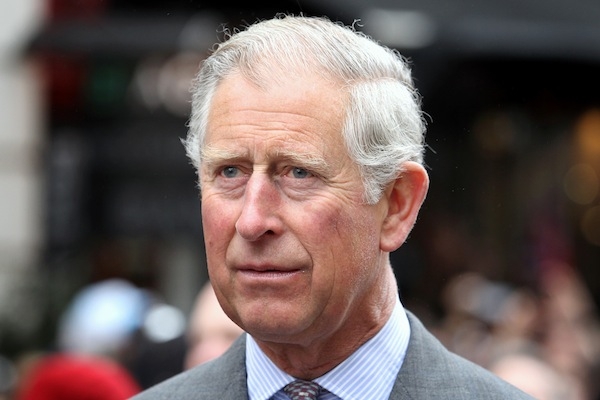Much is being made of Dominic Grieve’s decision to ban publication of Prince Charles’ correspondence with ministers. Republic, a group which campaigns for the abolition of the monarchy, has been pressing for their release through freedom of information requests over the last seven years. Having successfully convinced three judges of the public interest in seeing the Prince of Wales’ letters, Grieve has taken the unusual step of vetoing their decision.
Almost two years ago the CIA tipped off their counterparts in MI5 and MI6 that al-Qaeda was planning a ‘Mumbai style’ terrorist attack in the UK. Crucially, however, they refused to share all the details they might otherwise have offered because of very real fears that British courts might later compel their release.
Those fears were not unfounded. Earlier that year British judges had compelled both MI5 and MI6 to release secret memos from American intelligence relating to Binyam Mohamed, a British resident from Ethiopia who was held in Guantanamo Bay after travelling to Afghanistan. Mohamed claimed to have been tortured and successfully sued the government for £1 million.
Confidence in our ability to protect secret information was eroded and our national security suffered as a result. The fact is that intelligence agencies, politicians, and heads of state require a degree of privacy to let them process sensitive matters. That was one of America’s principal fears when Wikileaks dumped its massive cache of cables. If diplomatic confidence evaporates then what follows?
Prince Charles’ correspondence is not believed to contain anything of national security, but the same principle applies. Grieve believes publishing his letters will significantly impair his ability to act as head of state someday. Republic are free to continue arguing for the abolition of the monarchy but not in a way that holds the entire political process to ransom.






Comments